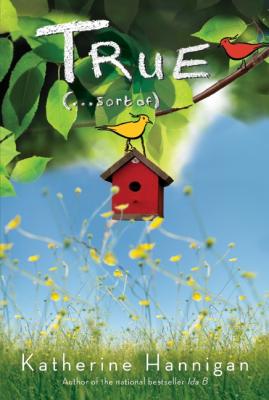So I now own a copy of number9dream by David Mitchell (same guy who wrote Cloud Atlas) and a copy of 1984 by George Orwell.
I have not yet to read 1984 but I read about 12 pages of number9dream and so far, I am loving it.
Synopsis: You've read Dickens or Salinger, and you think of adolescence in terms of a "coming-of-age story". So does Eiji Miyake. It would be nice to think he's right: His mom isn't much in the picture, his beloved sister had died in an accident, and picking fruit and living with Grandma on an outer island of Japan give Eiji a lot of time to fantasize about what might happened if he were to be united with the wealthy father he's never known. At twenty, Eiji comes to Tokyo to find him. But what should be a straightforward quest turns into something far more strange when Eiji stumbles upon the hidden powers centers of the Japanese underworld. Suddenly the riddle of his father's identity is the least of his worries. What do survival, the nature of dreams, and the number 9 have to do with one another? It's no small question for a provincial boy with a price on his head and only the cost of a John Lennon album to his name.
I absolutely love the writing style because as I read, I can see it happening in my head (and don't you just love it when your brain automatically adds in details not said in the text, you know, until the author adds something that completely changes everything and you have to rearrange the entire scene so it'll fit the scene). It's like I'm looking through a fisheye lens with an Instagram filter.
As for 1984, I haven't read it yet but here's the text from the back.
Text: Written in 1948, 1984 was George Orwell's chilling prophecy about the future. And while the year 1984 has come and gone, Orwell's narrative is timelier than ever. 1984 presents a startling and haunting vision of the world, so powerful that it is completely convincing from start to finish. No one can deny the power of this novel, its hold on the imaginations of multiple generations of readers, or the resiliency of its admonitions. A legacy that seems only to grow with the passage of time.
So I don't really know exactly what this book is about but that's just makes it even more exciting.
Well, I'm off to read! Good nightttt.





